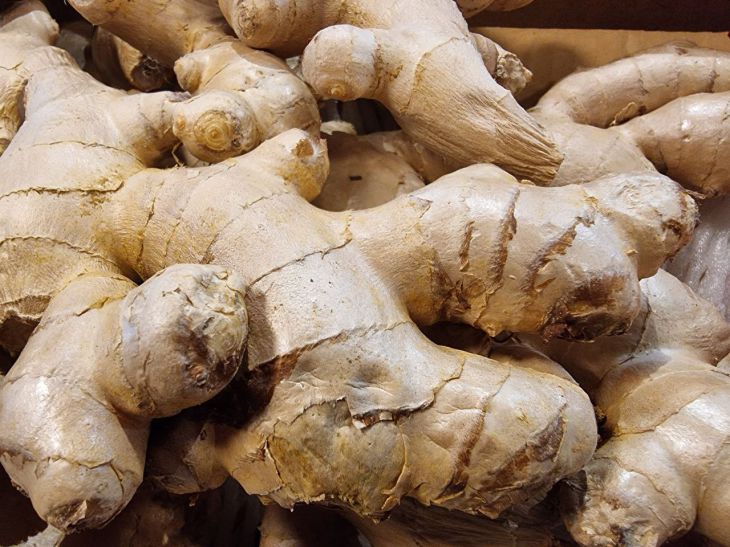Throw away the ginger immediately: it is dangerous when cooked this way.
Ginger is the king of anti-inflammatory foods.
The spice has been used in medicine and cooking for over 5,000 years, but modern research is revealing shocking facts.
If you add ginger to a boiling broth or stir-fry, you're only making things worse. At temperatures above 120°C, gingerol (the main active ingredient in ginger) breaks down into carcinogenic compounds.
For example, fried ginger loses 70% of its beneficial properties and begins to release acrolein, a toxin that irritates the stomach lining.
But that's just the tip of the iceberg. Let's figure out how to get the most out of ginger and avoid hidden dangers.

Why Ginger Has Become a 'Superfood'
Ginger contains over 100 biologically active compounds.
Scientists from the University of Michigan have proven that daily consumption of 2 g of fresh ginger reduces the risk of heart attack by 18% due to blood thinning. And in Ayurveda, it is called a “cure for 100 diseases” – from migraines to arthritis.
When ginger turns into poison
The main mistake is heat treatment at high temperatures. When frying or cooking for a long time, the following happens:
- Gingerol breaks down into acrolein and methylglyoxal, substances that damage cell DNA and increase the risk of tumors (Food and Chemical Toxicology study, 2020).
- Vitamins C and B6 disappear - ginger loses 80% of its immunostimulating properties.
- Bitter compounds are formed, giving the dish a metallic taste.
For example, adding ginger to a stir-fry for 15 minutes reduces its anti-inflammatory effect by 60%. And ginger tea boiled for more than 5 minutes becomes useless.
Buy only fresh root. Natural ginger has a thin golden skin and fibrous pulp. If the surface is smooth and shiny, it has been treated with wax.
How to Use Ginger Properly
- In raw form. Add grated ginger to ready meals: soups, salads, smoothies. For example, a mixture of apple, spinach and 1 teaspoon of ginger is a boost of energy for the whole day.
- In drinks. Brew ginger in warm water (60–70°C) with lemon and honey. This infusion preserves 95% of the beneficial substances.
- In desserts: Replace sugar in baked goods with ginger and date puree - this will lower the glycemic index and add spice.
When used correctly, ginger strengthens the immune system, speeds up metabolism and fights inflammation. But if you overcook it or choose a low-quality product, the benefits will turn into harm.
Remember: ginger loves moderation. 1-2 teaspoons a day is enough to stay healthy. And don’t forget – even superfoods require a smart approach.
